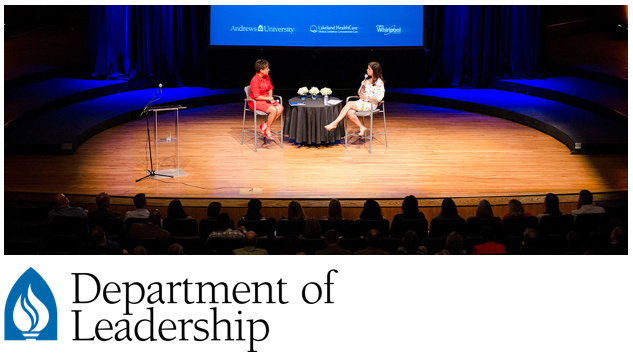Title
Can pluralism be intolerant?
Document Type
Article
Publication Date
April 2002
Abstract
Psychology celebrates diversity, recognizes the value and legitimacy of diverse beliefs, and strives to be inclusive. Yet, the profession lacks sociopolitical diversity. Most psychologists are politically liberal, and conservatives are vastly underrepresented in the profession. Moreover, when sociopolitical views guide the research, advocacy, or professional practice of psychologists, those views most often are liberal. The lack of political diversity in psychology has unintended negative consequences for research, policy advocacy, clinical practice, the design and implementation of social interventions, and professional education. It excludes or marginalizes conservatives and conservative views, having detrimental effects on the profession in each of these areas. This article examines the importance of political diversity and the negative consequences of its absence and provides strategies for increasing sociopolitical pluralism in psychology. (PsycINFO Database Record (c) 2012 APA, all rights reserved)
Recommended Citation
Brand, Jay, "Can pluralism be intolerant?" (2002). Faculty Publications. 57.
https://digitalcommons.andrews.edu/leadership-dept-pubs/57






